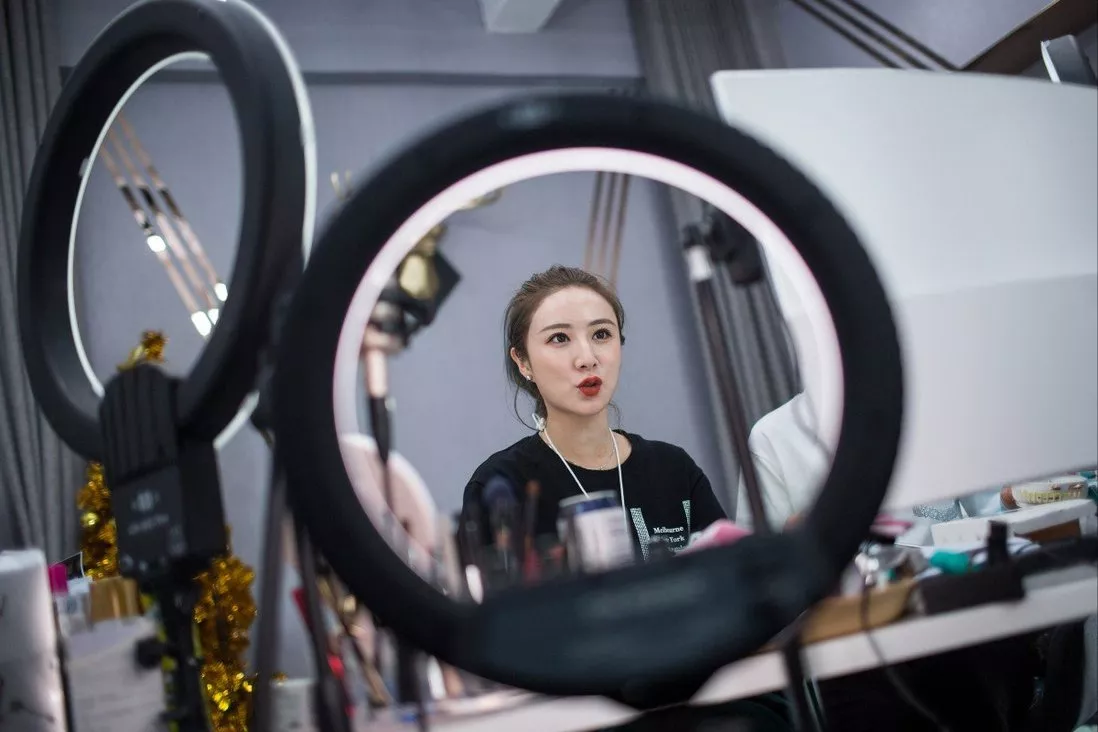On 20 December, Taobao’s number one influencer Viya was fined over 1.3 billion RMB ($204 million) for tax evasion. This is her first administrative punishment for tax evasion – providing she pays the fines within the time limit, she won’t be held criminally liable. However, if such an incident happens again within five years, she will be investigated for criminal activities. After the announcement from the tax authorities, Alibaba – the owner of Taobao – had a 4.6% stock drop in premarket trading.
Viya started her live stream e-commerce on Taobao five years ago, which has made her a billionaire, ranking amongst China’s wealthiest 500 individuals. She was one of the first to try live shopping on Taobao and the most successful one. In 2020, she sold products of up to 31.1 billion RMB ($4.88 billion). This Chinese influencer even had an impact on the capital market. Last year, a few live broadcasts of hers surprisingly boosted a listed company’s market value by 3.7 billion RMB ($580 million). However, whether her influence will survive this tax evasion scandal is now questionable.
Before Viya, two other Taobao influencers were fined for tax evasion in November. They were altogether fined over 90 million RMB ($14.12 million). Consequently, the two once-famous live stream hosts are out of the public eye, and their Taobao stores have shut down. The live-streaming economy is a “fan trust economy”, as the manager of Viya said. It is hard to build but easy to destroy.
Driven by huge consumer demand, the live stream economy is running rapidly in China – so fast that industry regulations are overlooked. Many things need to be considered carefully aside from the tempting profits – live streaming etiquette, advertising self-regulation, product quality, and safety checks, and consumer rights, are vital to ensure sustainable growth in this emerging sector.
Read more:









